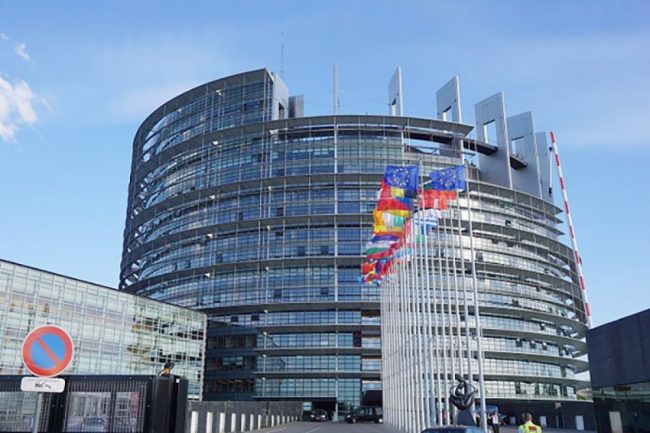
Members of the newly established Friends of Azerbaijan Group within the European Parliament have adopted a statement on the 26th anniversary of the Khojalygenocide.
The initiative to adopt the statement was put forward by Andrejs Mamikins, a member of the European Parliament from Latvia, a member of the European Parliament‘s Committee on Foreign Affairs and co-chairman of the Friends of Azerbaijan Group, the press service of the Azerbaijani parliament told APA.
This statement is the first document adopted by the European Parliamentregarding the Khojaly genocide.
The statement was signed by 22 MEPs representing 13 countries (from 28 countries) and 6 political groups (8 groups), including the vice-president of the European Parliament.
The statement reads: “On the night of February 25 to 26, 1992, the civilian population in the Azerbaijani town of Khojaly was subjected to massacre. As many as 613 people, including 106 women, 63 children and 70 old people were killed, hundreds of people were severely injured and 1,275 people were taken hostage as a result of the massacre. We commemorate with deep sorrow the victims of the Khojaly massacre committed in Azerbaijan’s Nagorno-Karabakh region 26 years ago and extend our condolences to the bereaved families. We share the grief of family members of innocent people who lost their lives during the Khojaly tragedy.
Thus, we think it is important to commemorate those who lost their lives in Khojaly and remember the horrible crimes committed in Khojaly so that such crimes against humanity will no longer occur anywhere in the world.”
The statement was signed by Andrejs Mamikins (Latvia), Norica Nicolai (Romania), Iveta Grigule-Pēterse (Latvia), Ramona Mănescu (Romania), Javier Nart (Spain), Tomáš Zdechovský (Czech Republic), Hannu Takkula (Finland), Ivo Vajgl (Slovenia), Angelo Ciocca (Italy), Lorenzo Fontana (Italy), Marc Tarabella (Belgium), Cristian Buşoi (Romania), Alberto Cirio (Italy), Boris Zala (Slovakia), Aldo Patricelli (Italy), Yana Toon (Estonia), Ilhan Kucuk (Bulgaria), Franz Obermayr (Austria), Valentinas Mazuronis (Lithuania), Heidi Hautala (Finland), Angel Dzhambazki (Bulgaria) and Salvo Pogliese (Italy).
